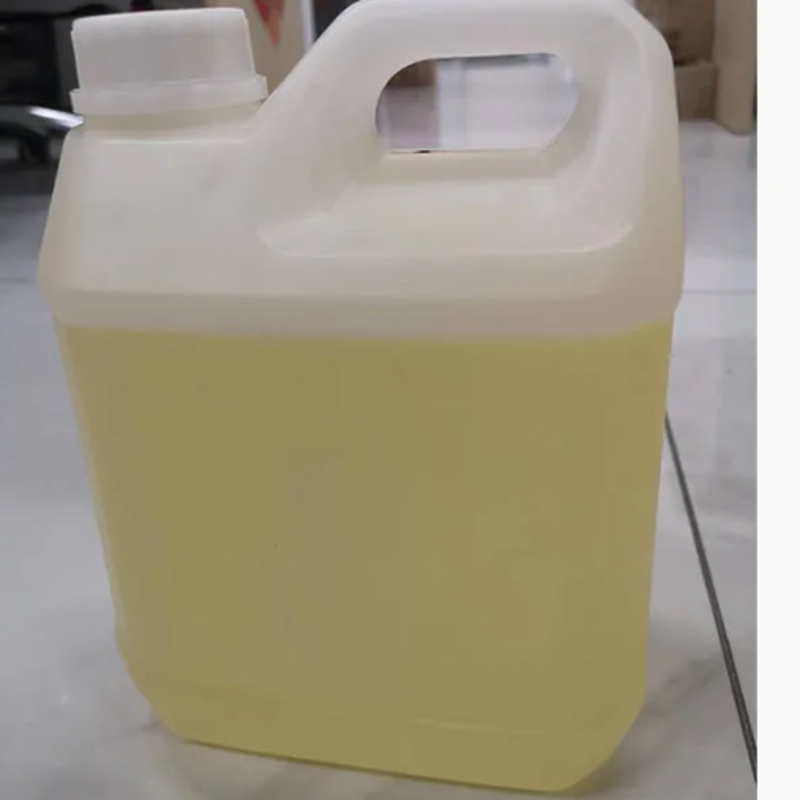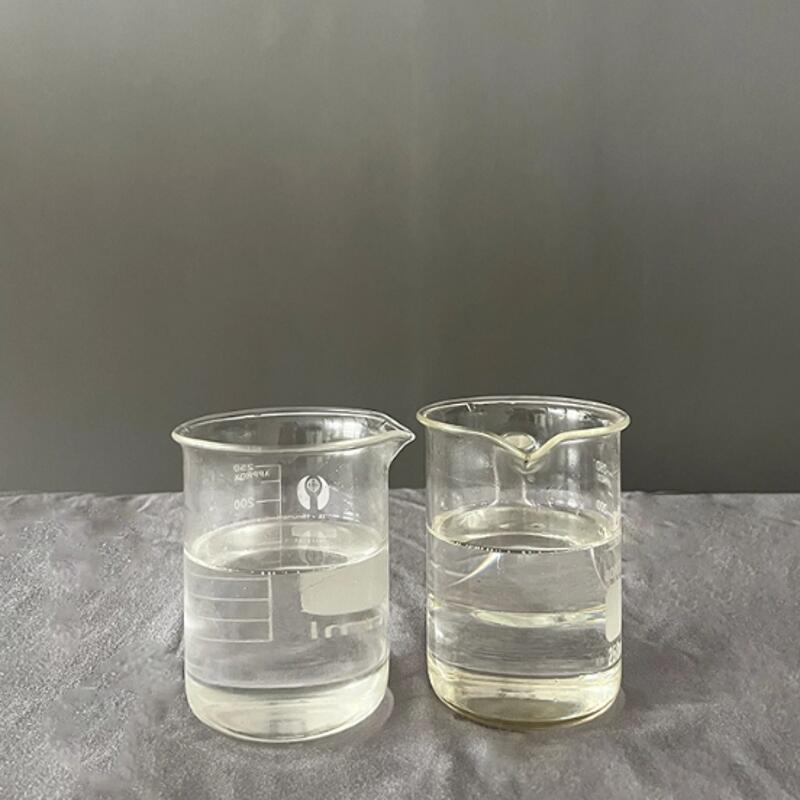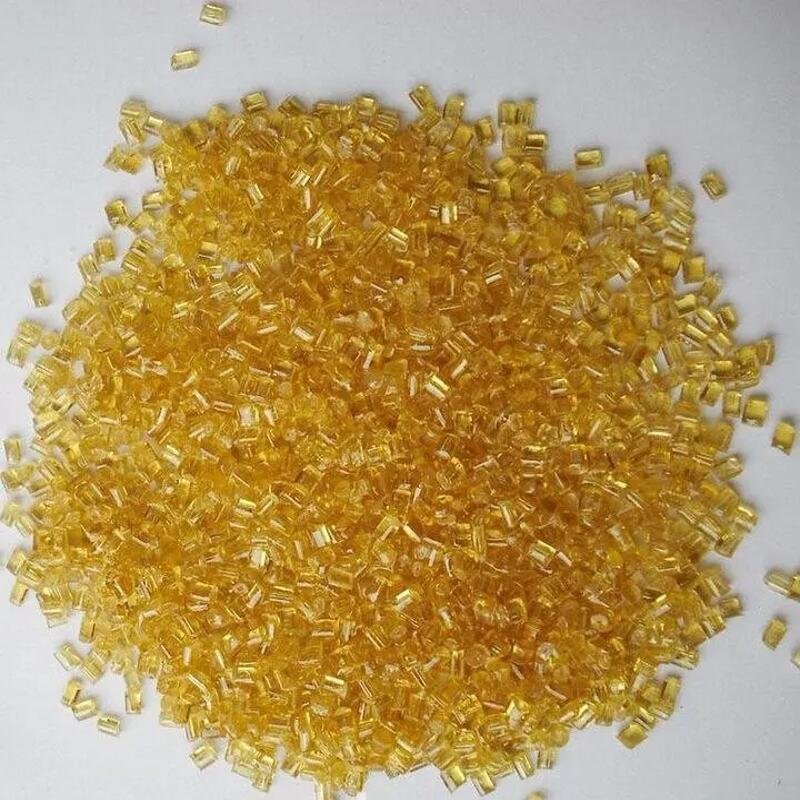-
Categories
-
Pharmaceutical Intermediates
-
Active Pharmaceutical Ingredients
-
Food Additives
- Industrial Coatings
- Agrochemicals
- Dyes and Pigments
- Surfactant
- Flavors and Fragrances
- Chemical Reagents
- Catalyst and Auxiliary
- Natural Products
- Inorganic Chemistry
-
Organic Chemistry
-
Biochemical Engineering
- Analytical Chemistry
-
Cosmetic Ingredient
- Water Treatment Chemical
-
Pharmaceutical Intermediates
Promotion
ECHEMI Mall
Wholesale
Weekly Price
Exhibition
News
-
Trade Service
The degree to which polymers are affected by chemicals depends on many facto.
When the polymer is exposed to the chemical, the small molecule of the chemical can chemically or physically interact with the polym.
· Adsorption is the interaction of a chemical species with a polymer surfa.
· Absorption is the dispersion of a chemical in a polymer, usually by a diffusion mechanism,.
physical and chemical interactions
physical and chemical interactionsPhysical interactions often lead to polymer softening (also known as plasticization) and swelling due to the penetration of chemicals into the free volume of the polymer's amorphous regio.
However, if the absorbed chemical acts as a solvent upon drying, dissolving and removing some of the low molecular weight polymers in the amorphous phase, this removal of low molecular weight polymers can lead to polymer embrittlement and make the polymer Significant permanent change in performan.
Chemical interactions with polymers often result in crosslinking (thereby increasing molecular weight) or degradation/chain scission (decreasing molecular weigh.
Environmental Stress Cracking (ESC)
Environmental Stress Cracking (ESC)When the polymer is exposed to chemicals and in the presence of stress (most commonly externally applied stress), stress cracking can cause the polymer to fractu.
While it is impossible to predict which chemicals will cause environmental stress cracking, surfactants are generally the most effective stress cracking agen.
The need for in-depth research
The need for in-depth researchIn conclusion, the chemical resistance testing of polymers for use in oil and gas environments is a very important aspect in order to develop innovative, technologically advanced solutio.







